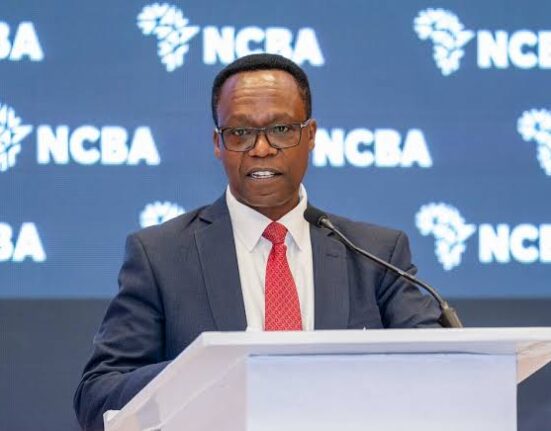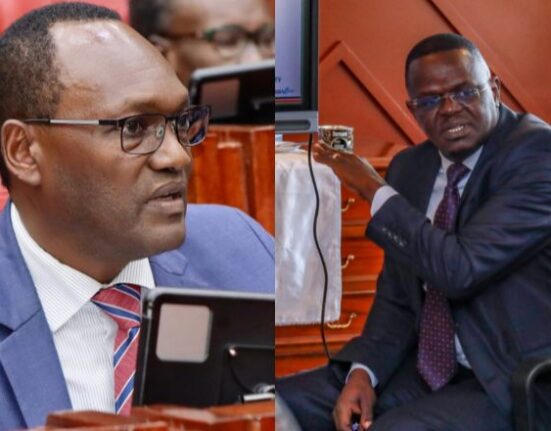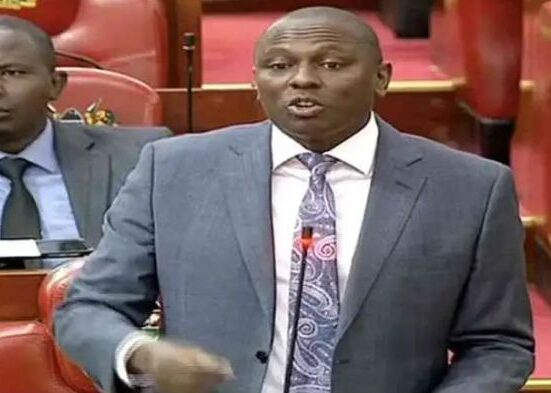Treasury Cabinet Secretary John Mbadi has invited Kenyans to submit budget proposals for the following fiscal year, 2025/2026.
In a notice issued Tuesday, December 17, Mbadi indicated that the proposals might include revenue administration reforms as well as initiatives to assist manufacturing sector growth.
He went on to say that individuals might offer ways to improve macroeconomic stability and the current administration’s implementation of plans and initiatives.
Kenyans were also advised to provide proposals on tax laws that should be modified, with a good reason for each idea.
Mbadi stated that the request for submissions was in accordance with Articles 201 and 232(1)(d) of the Constitution, as well as Section 35 of the Public Finance Management Act, which mandate transparency and accountability, including public engagement in financial decisions.
“The National Treasury hereby invites the members of the public, the national government and county governments, non-governmental organisations, civil societies, professional bodies, private sector players, and religious groups to make submissions for consideration in the preparation of the fiscal budget for the Financial Year 2025/2026,” read part of the notice.
“The proposals received will guide the reforms to be undertaken to foster inclusive economic growth for the welfare of all Kenyans,” Mbadi further stated.
According to the CS, hard copies of the ideas should be sent to the treasury offices, while soft copies should be delivered via email to [email protected] by Friday, January 17, 2025.
The declaration comes three months after CS Mbadi officially initiated the 2025/2026 medium-term budget development process.
He updated the progress of the budget-making process for the coming fiscal year and described new initiatives that have been proposed.
On September 16, Mbadi announced to delegates at the Kenyatta International Convention Centre (KICC) that the government would implement zero-based budgeting.
Zero-based budgeting is a budgeting method that allocates funds based on program efficiency and necessity, rather than budget history.
Using this strategy, ministries and departments of the national government would develop budgets from scratch rather than following prior budget preparation trends.












Leave feedback about this